Student Blog
What are OS/OT?
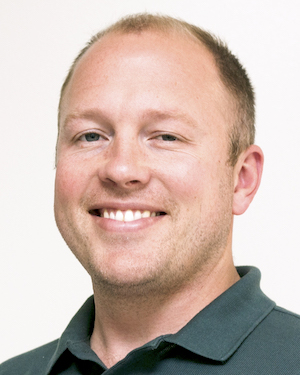
Why OT? ⟩
August 22, 2018, by Evan
What are OS/OT?
Timothy Leary said, “if you don’t like what you’re doing, you can always pick up your needle and move to a new groove,” and when I was 29 years old I took this message to heart. My first career was fulfilling in a lot of ways, but lacked a component of service that I had come to realize was important to my own emotional health. So there I was, passionate about helping people and interested in research, but unsure how exactly I fit into the greater landscape of healthcare. I began to actively volunteer in a variety of settings and was finally introduced to OT. I’ll never forget it, because it felt like at last there was a word for what I wanted to do!
OT’s primary concern is quality of life, and I fell in love with the holistic and patient-centered approach of our discipline. I find that OTs are uniquely qualified to address both mental and physical health in a broad variety of settings with patients/clients across the lifespan, and I love being part of it. I am honored to study in the USC Chan Division of Occupational Science and Occupational Therapy and am filled with eagerness to apply that knowledge during real world patient encounters both in fieldwork and beyond.
Today is our first day back at school after 3 months summer fieldwork. It feels so good to catch up with my student colleagues but I find myself thinking about my patients and clinical instructors I had gotten to know so well this summer. What are they up to?? How are they doing?? No way for me to know right now sitting in class . . . but I do know this: I think the fact I’m thinking about them is evidence that I’ve found the right groove for me.
⋯
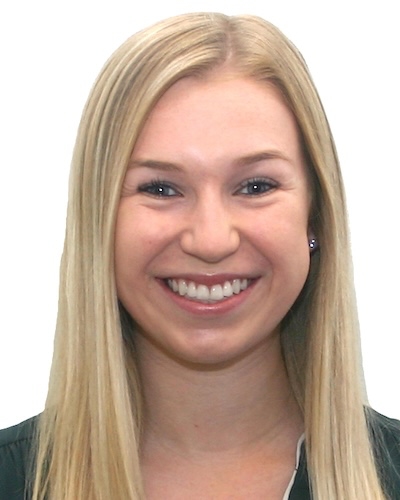
Hello, it’s me again! ⟩
August 21, 2018, by Jessica P.
Fieldwork What are OS/OT?
It has been quite some time since I last blogged as the summer student ambassador, but I am thrilled to begin blogging again and sharing my occupational therapy journey. The past year has been a whirlwind, starting the master’s curriculum and graduating with my bachelor’s degree in occupational therapy this May. I have previously talked about my experience falling in love with OT and why I chose USC, but after immersing myself in the master’s program I feel even more passionate and lucky to be able to pursue the profession I love.
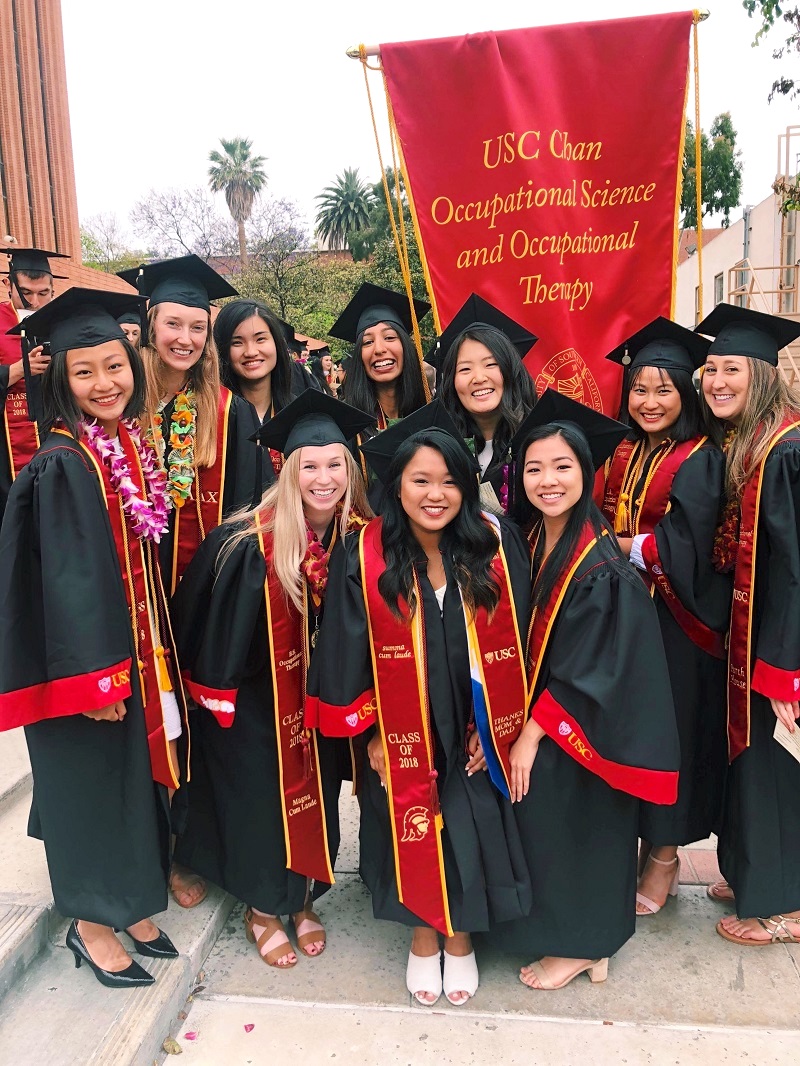
Last fall, I began my OT grad school journey with the mental health immersion and I loved being exposed to areas of OT I had never seen before, such as in forensic mental health. At times, I felt overwhelmed by exams, quizzes, and projects but this summer I was able to reconnect with the reason why I am pursuing OT: to help others.
This past summer, I completed my Level II Fieldwork at Rush University Medical Center in Chicago, IL. When deciding where I wanted to do my fieldwork, I chose to go out of area to explore a new city for the summer. At Rush, I worked on four different inpatient psychiatric units — child/adolescent, general adult, mood disorders, and geropsych. Throughout my Level II Fieldwork, I realized how prepared I was to be an entry-level practitioner from everything I had learned in my classes and previous fieldwork experiences. Since I was able to work with clients across the lifespan, I learned how to rapidly shift the different therapeutic modes I was using based on the client and situation.
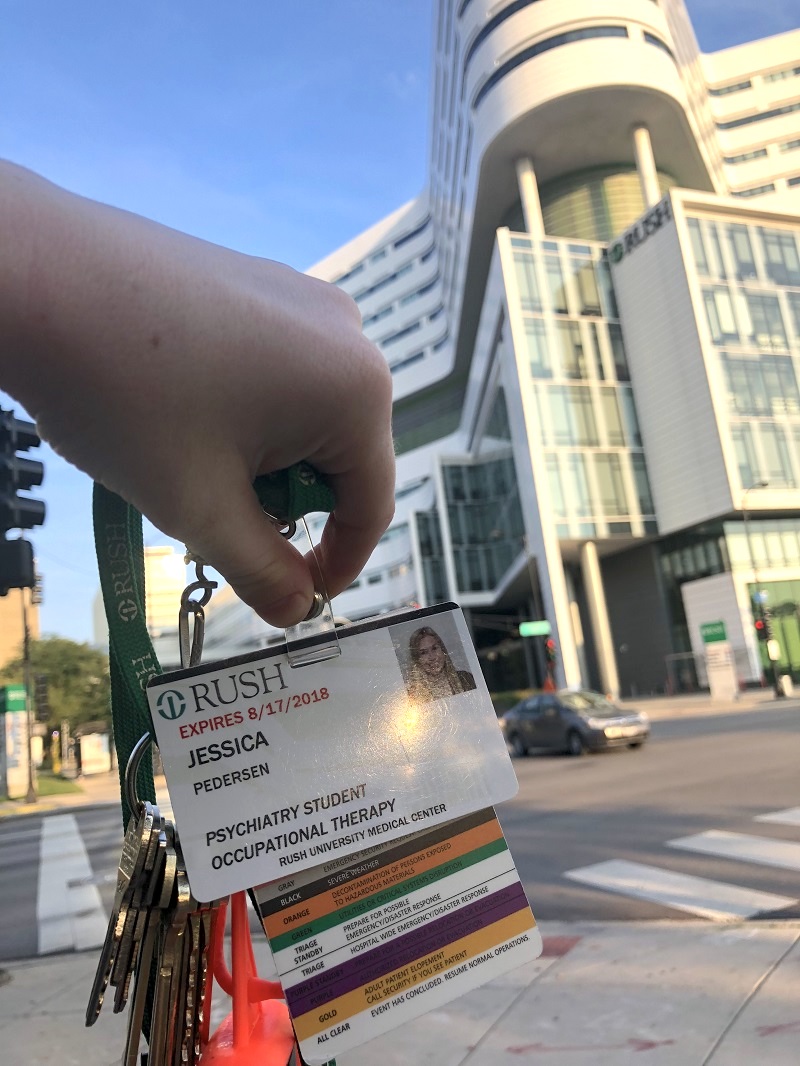
Over the twelve weeks, I gradually gained more independence and eventually was carrying a full caseload where I evaluated 3 patients daily and ran 2 groups. In addition to assessments, treatment plans, individual interventions, group interventions, and progress notes, I was also able to pursue research on OT’s role in medication management in this setting. I loved being able to apply evidence-based practice and see the progress in my clients. Coming back after my fieldwork experience, I feel more prepared and energized to take on my second year!
⋯
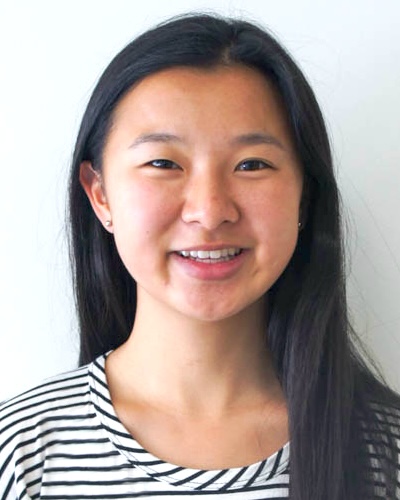
The Roads That Lead to Rome ⟩
August 6, 2018, by Bethany
Diversity What are OS/OT?
There is one downside to being an undergraduate OT. I mentioned in a previous post that when I talk about Majoring in Occupational Therapy, I get the reaction: “Oooh, what is Occupational Therapy?” So I had to quickly adapt to giving my fifteen-second pitch about what OT is and how I found it. Sharing about OT is definitely not the downside. Neither is being part of this incredible program (I am often reminded of how lucky I am to have known so early on in life what I want to do in the future). The downside is that the only other people who seemed to know what OT was, were on the same road I was on: We were all passionate about helping others, all had discovered OT early on in life, and all were part of the same program. The downside is that as an undergraduate OT, I was only aware of one way to get to OT.
But this summer, as a Student Ambassador, I had a chance to recognize that all and any roads truly do lead to Rome. Through tours, information sessions, and even meeting the incoming Entry-Level Master’s class, I have been able to see the diversity of those who stumble upon OT, not just in ethnicity and age, but also in interests and walks of life. For example, in our incoming Master’s class, there are people with degrees in Biology, Kinesiology, Psychology, and other health sciences (Majors that would be helpful for completing some of our prerequisite coursework while also highlighting the student’s passions). But then we have others who pursued other interests during their undergraduate study, perhaps the French language, Economics, or even Dance. And somehow they ended up all in the same OT Master’s program at the same time. In our information sessions, there are people who simply went to different college but have always been interested in OT, some who found OT during undergraduate study, and even those who are coming to OT as a second career after seeing OT in the second-grade classroom where they taught for the past few years.
My own Bachelor’s to Master’s class is diverse in and of itself. We have our own stories for how we each found OT, whether it was shadowing a practice or perhaps watching a loved one grow through OT, and we have the honor to be part of an incredible program that allows us to engage in our specific passion for OT, even through our undergraduate years. But our paths to OT were quite direct, and it is amazing to listen to the stories about others’ journeys to where they are today. After all, it is said that more often than not, the journey matters more than the destination.
⋯

Hippotherapy Doesn’t Use Hippos ⟩
July 23, 2018, by Bethany
What are OS/OT?
This past week, I had the chance to visit the Altadena Stables to watch hippotherapy. Whenever I talk to someone about hippotherapy, one of the first reactions I get is confusion. Hippotherapy, in fact, does not use hippos, but rather horses. (The hippopotamus’ name is actually derived from the Ancient Greek “river horse,” so the confusion makes sense.) Physical therapists, speech therapists, and yes, even occupational therapists can all use the movement of the horse as a tool for therapy.
When I was ten, I loved horses. I did horse camp during the summer and knew all about the different breeds. But I never imaged that it be something I could begin to pursue as a career. I was able to shadow both a physical therapist and an occupational therapist to see how their sessions were similar. Both used the same horse, the sweet-tempered Cali, and her movements to simulate the same kind of pelvic movement that walking would stimulate. From there, the child on the horse could ride in different positions, from facing sideways and holding their arms out for balance, to doing sit-ups on the horse to strengthen core (while the horse was stationary, of course), and even to riding backwards. There was even an obstacle course with logs and ramps for an added challenge!
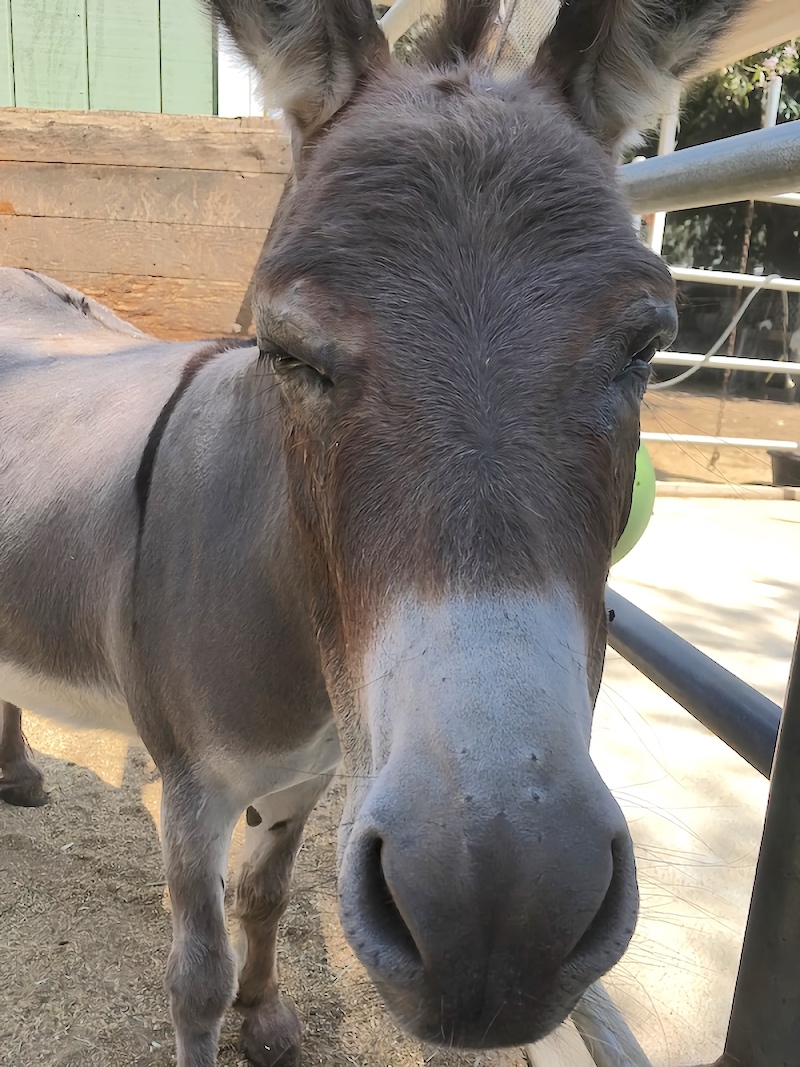
Coco the Donkey
It was amazing to see therapy being used everywhere, especially in places where the kids can see therapy more as play than as work. And I re-fell in love with the stables, the smell of horses, and Coco the little donkey, too. Any occupation, any passion can be used to help people become more engaged and more independent in their own daily lives, whether it be horseback riding or music. When I chose occupational therapy, I thought I was choosing into a definite field of work for the future. But the more I learn about OT, the more options appear that I have yet to experience and choose from.
⋯

The Perfect Blend ⟩
July 9, 2018, by Bethany
What are OS/OT?
As an undergraduate Occupational Therapy student at USC, in every conversation, I inevitably get asked three questions in this specific order: What’s your major? Ooh, what’s Occupational Therapy? How did you know you wanted to be an OT?
Well, after my brief fifteen second description of how an occupation is any meaningful activity that takes up your time (whether it be brushing your teeth, swimming, or walking the dog), and how Occupational Therapists are focused on an individual as a whole becoming independent in the occupations they’re passionate about, I then tackle the last question: How did I manage to stumble upon such an incredible field?
I was born (fun fact: on October 6th, the same day USC was founded) and raised in Southern California by two parents who were physicians. Through their stories of incredible relationships and conversations with patients, for example how my mom gets to care for three generations of the same family, I decided at a young age that I wanted to serve and help people in a similar way. I wanted to build those bonds with people and be able to see them grow and change over time. But I also wanted the chance to be creative, to maybe continue to pursue my passion in music, or to explore other activities. And one day, one of my parents’ friends walked in the door, talking about how she had just referred one of her patients to an OT, and she said, “Oh! Bethany should check it out!” And so I did. I was able to shadow an OT on a house visit, as well as a hand OT for a day, and I fell in love with what they did.
I fell in love with the way they broke apart different activities and analyzed different aspects, how they used sensory integration tactics for the house visits (everything from macaroni boxes to hanging out in a hammock), how they used shuffling cards and practicing with putty to bring back range of motion in a thumb, and most of all how they looked at the whole individual to help them get back to what was most important to them. Instead of focusing on the question “What’s the matter with you?” the OTs seemed to turn to “What matters to you?” I’ve found the perfect blend of being creative and being compassionate. I’m excited to see where OT takes me in the future, how it will use my own passions to help people follow theirs.
⋯





